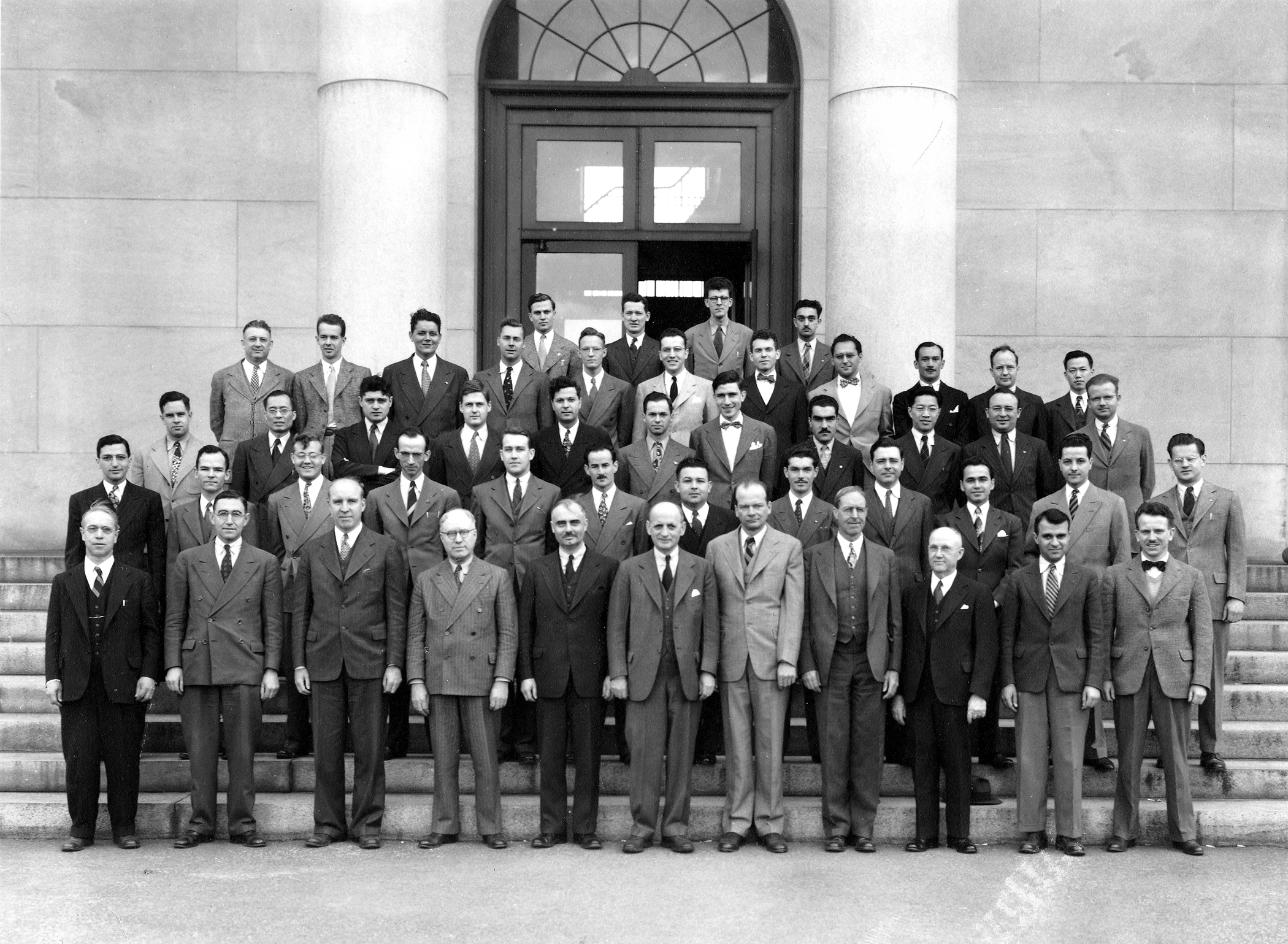By David T. Ellwood, Dean and Scott M. Black Professor of Political Economy
Nearly three-quarters of a century ago, 18 students and a handful of faculty began an experiment that provided professional training for public servants at a time when no such program yet existed. The notion was borne of the then nearly radical idea that those dedicated to serving the public good warranted the same level of professional training as those serving in medicine, business, or law. What began as the Graduate School of Public Administration launched a new vision of public service at Harvard and around the world. The rise of this once small school has been remarkable, reflected in the global contributions of our 46,000 alumni, the impact of our research, and the dedication and caliber of our students.
Yet ironically perhaps, as we recognize our 75th anniversary, the challenges of public leadership seem particularly acute. We have seen a courageous push for greater self-governance by citizens of many countries during the Arab Spring. Yet in nations across the globe, our capacity and will to tackle our hardest challenges, from economic recovery and growth to climate change, seems very much in doubt. And so it has never been a more important time for all of us connected with this school to intensify the bold commitment to exceptional public service that inspired our beginning and has guided generations. We must accelerate and deepen our impact, building on our enduring desire to learn, innovate, and improve.
As we face the challenge and responsibility of providing extraordinary public leadership, I envision four broad strategic directions for the school.
Reaching the very best leaders
The single most powerful tool for attracting superb students and supporting their ability to serve is reducing the cost of a Kennedy School education. In the past seven years we have doubled our annual student financial aid from $11 million to $22 million even in the face of financial turmoil. We must continue this effort and find additional ways to attract the very best students from across the globe.
Equipping our students to drive positive change
Public leaders today must be champions of new ideas, capable of working across sectors and geography. They must be technologically savvy and effective managers in the complex political and economic arenas. For 75 years, the Kennedy School has been the standard for public policy education. While we believe our curriculum provides exceptional preparation, it must evolve with transformations in information technology, the shifting nature of public problems, and emerging research as to how students learn in the classroom and beyond.
We are committed to innovative and engaging pedagogy and methods. These include a greater emphasis on field-based, experiential learning, and over the long term, the creation of “incubators” and “accelerators” to help support and advance the most promising ideas, from technological innovation to social entrepreneurship.
Generating powerful ideas that address our most pressing problems
The Kennedy School has long been a source of new ideas that help shape public policy. From the creation of community policing in the 1980s to nuclear threat reduction and welfare reform in the 1990s to energy and economic policy today, HKS faculty have contributed essential ideas that produce viable solutions. The school can and must continue to provide an environment that supports such efforts.
In addition to our ongoing intellectual work, we will be emphasizing three broad themes to help shape the focus of scholarship at the Kennedy School and offer talented minds the opportunity to make a meaningful difference on the ground. These include: Making Democracy Work; Achieving Shared, Sustainable Prosperity; and Understanding and Harnessing the Global Forces That Are Reshaping Our World.
Creating a campus that amplifies our mission
The Kennedy School is reexamining its campus to ensure that our physical and technological infrastructure is capable of supporting the transformed curriculum, experiential learning, innovative pedagogy, and greater engagement across Harvard that we envision. In this way, we hope to better enable and amplify the aspirations of our students and faculty. The first step in this process is a campus master plan that will likely reflect a long-term horizon of fifteen to twenty-five years as well as a capital plan with a five-year horizon. We are still in the formative phase of many of these initiatives, and I look forward to sharing more news with you in the coming year.
It is an extraordinary privilege and a great pleasure to serve as Dean of the Kennedy School. I am truly inspired by the wonderful combination of idealism, intelligence, and capability exhibited by each member of the HKS community. I look forward to working with all of you to meet the challenges and rise to the many opportunities ahead for the next generation and continue with you the Kennedy School’s long-held tradition of public leadership.


